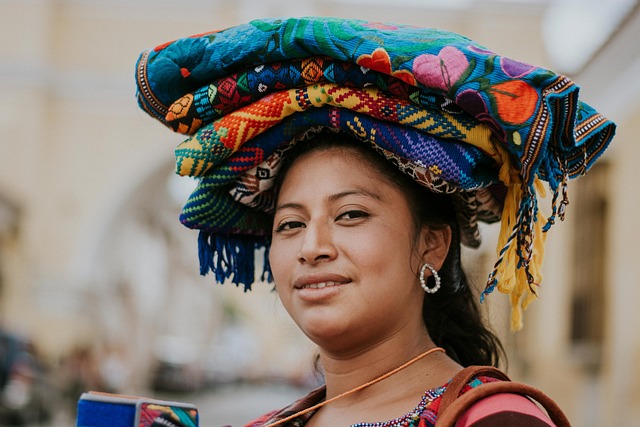
Telenovelas Mexicanas
Introduction to Telenovelas
Telenovelas are a significant aspect of Mexican culture, serving as a popular form of entertainment that captivates audiences both locally and internationally. These serialized dramas often explore themes of love, betrayal, family, and societal issues, making them relatable to a wide range of viewers. The format typically involves a continuous storyline that unfolds over several episodes, allowing for character development and complex plots.
The History of Telenovelas
The origins of telenovelas can be traced back to the early 20th century, with roots in radio dramas. The transition to television in the 1950s marked a significant evolution in the genre. By the 1970s and 1980s, telenovelas gained immense popularity, not only in Mexico but also in Latin America and beyond. They became a staple of evening programming, often attracting millions of viewers.
Key Characteristics
Telenovelas are characterized by their melodramatic storytelling, which often includes:
- Romantic Relationships: Central to most telenovelas, love stories often face obstacles such as class differences, family disapproval, or societal norms.
- Conflict: Tension is created through rivalries, betrayals, and misunderstandings, keeping viewers engaged.
- Strong Characters: Protagonists are typically relatable, while antagonists often embody the challenges faced by the main characters.
- Cultural Themes: Many telenovelas reflect Mexican culture, traditions, and social issues, providing insight into the values and struggles of society.
Popular Telenovelas
Several telenovelas have achieved iconic status, resonating with audiences for their compelling narratives and memorable characters. Some notable examples include:
- Gitanas: This telenovela tells the story of María Salomé, a young and beautiful gypsy who falls in love with a non-gypsy man, Sebastián. Their love faces societal challenges and prejudices, highlighting themes of racism and cultural identity.
- La Usurpadora: A classic tale of mistaken identity, this series follows two women whose lives become intertwined in unexpected ways, leading to drama and intrigue.
- El Señor de los Cielos: Focused on the drug trade, this telenovela follows the life of Aurelio Casillas, a powerful drug lord, and the challenges he faces from law enforcement and rival gangs.
The Impact of Telenovelas
Telenovelas have a profound impact on Mexican society and culture. They serve not only as entertainment but also as a reflection of social issues, often sparking discussions about gender roles, class disparities, and family dynamics. Additionally, they have influenced fashion, language, and even social norms, as viewers often emulate the lifestyles and behaviors of their favorite characters.
Conclusion
In summary, telenovelas are more than just television shows; they are a cultural phenomenon that encapsulates the complexities of human relationships and societal issues. Their ability to engage audiences through relatable stories and dynamic characters ensures that they remain a vital part of Mexican entertainment. As the genre continues to evolve, it will likely adapt to contemporary themes while retaining the core elements that have made it beloved by many.




















 The Distinction Between Surnames and Given Names
The Distinction Between Surnames and Given Names 
 Health
Health  Fitness
Fitness  Lifestyle
Lifestyle  Tech
Tech  Travel
Travel  Food
Food  Education
Education  Parenting
Parenting  Career & Work
Career & Work  Hobbies
Hobbies  Wellness
Wellness  Beauty
Beauty  Cars
Cars  Art
Art  Science
Science  Culture
Culture  Books
Books  Music
Music  Movies
Movies  Gaming
Gaming  Sports
Sports  Nature
Nature  Home & Garden
Home & Garden  Business & Finance
Business & Finance  Relationships
Relationships  Pets
Pets  Shopping
Shopping  Mindset & Inspiration
Mindset & Inspiration  Environment
Environment  Gadgets
Gadgets  Politics
Politics 